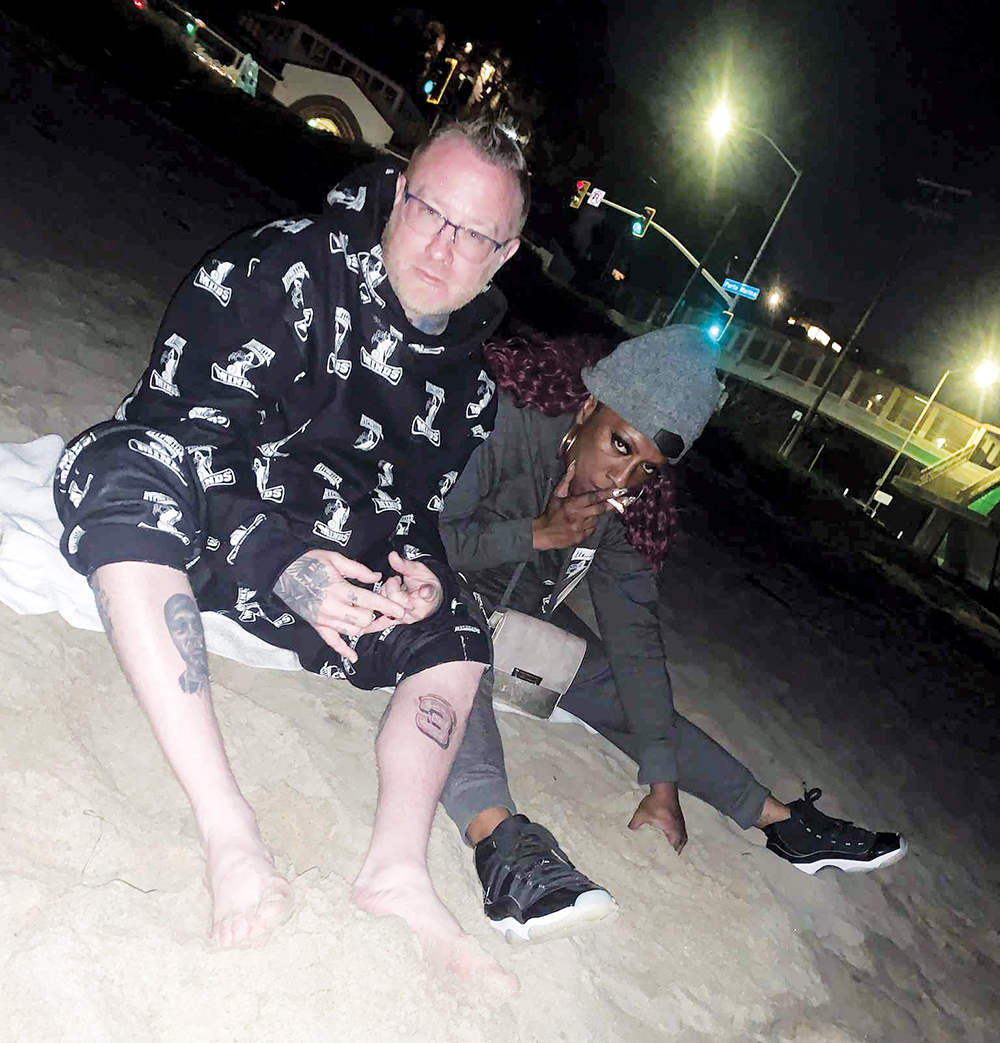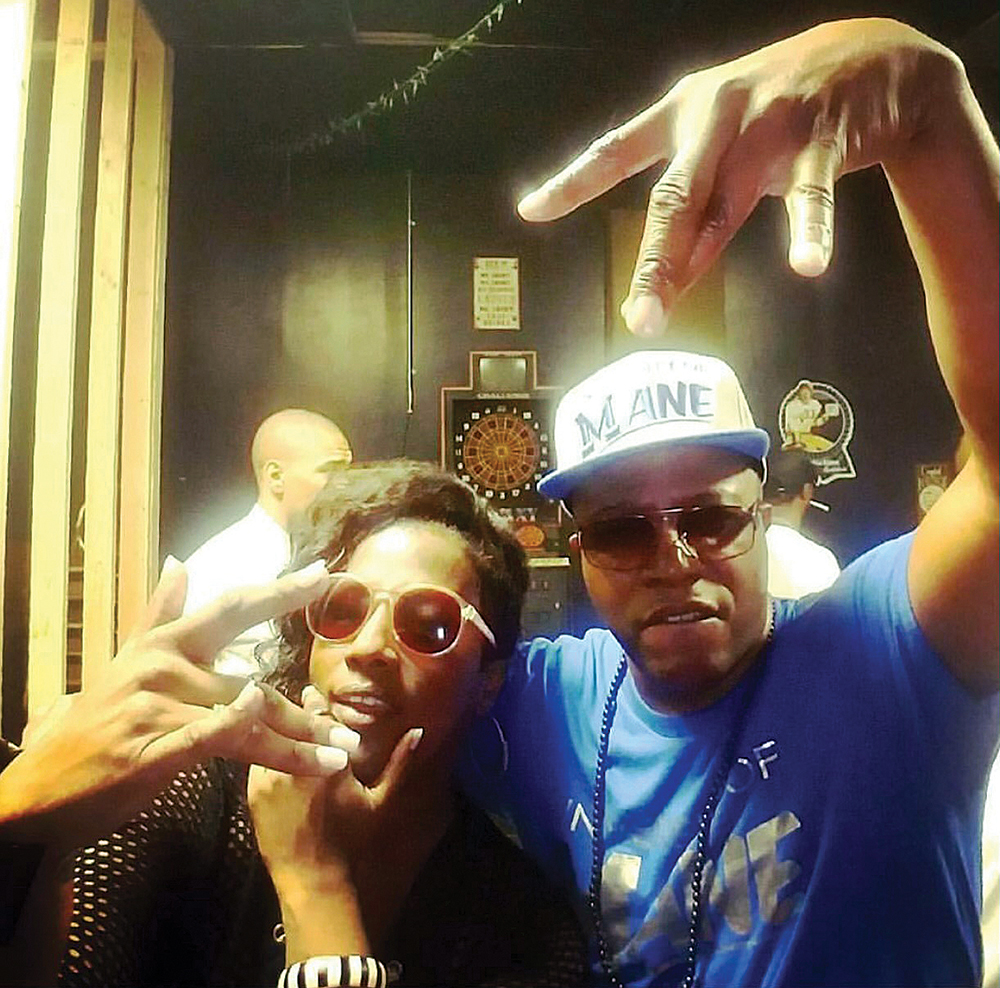Lil Wyte began listening to Gangsta Boo when she was in Three 6 Mafia. He was 12.
“She had the hardest verses,” Wyte says. “About demonic, crazy, insane shit. I was scared. It intrigued me because it was such a talented female rapper that could be that cutthroat on the microphone.”
Adds Al Kapone: “Very few female rappers can hold their own with the male rappers.”
Boo was “as strong as her male counterparts, but she didn’t lose her femininity in the process. She was able to spar toe-to-toe with the male artists.”
Kapone and fellow rapper Wyte reminisced about Gangsta Boo, who died January 1st in Memphis.
Born in Whitehaven, “Gangsta Boo” was her stage name. Her real name was Lola Chantrelle Mitchell.
Wyte was hooked after he heard Boo on “I Don’t Love ’Em” on Kingpin Skinny Pimp’s album, King of da Playaz Ball. “It was just her word play,” he says. “Her lyrics and her cadence and the way she could talk so much crap, and she was only like 16, 17 at that time.”

Wyte met Boo in 2001 after he was signed to Three 6 Mafia’s label. “She was not too thrilled — being honest — about singing with a white artist. She felt like Three 6 Mafia had all they needed. Years later, we talked about it and joked about it and became friends.”
He was executive producer for Gangsta Boo and La Chat on the 2014 album, Witch. That album is “probably the hardest gangsta rap album to ever come out of Memphis. One of those gems that’s been overlooked. I love the album. It’s like they were playing tennis on it. Going back and forth. Boom. Boom. Boom. Just every single. Just killing every bit of it.”
Kapone met Boo in the mid ’90s. “Whenever me and Boo, throughout the years, saw each other it was always love,” he says. “She always showed me the utmost respect. She always gave me props. Let me know my early music inspired her and motivated her.”
He remembers her quoting the words to his song, “Lyrical Drive By.” “It’s one of the first early Memphis rap songs that inspired a lot of the Memphis rappers. And she let it be known that song did it for her.”
They did a song together, “Girls Like to Get Rich,” in 2015. “Her voice had a level of aggression, but it was totally feminine.
“She could rap slow styles or speed up rapid-flow style. Like really, really transition between those two styles with ease.”
Over the years, Kapone and Boo “kept in touch through texts. We always commented on each other’s Instagram posts. Again, always giving each other love and props.”
Wyte and his wife, Nicole Lanshaw, kept in touch with Boo after she moved to Los Angeles about two years ago. “She did a lot of cool little podcasts with people out there,” Wyte says. “She got more into the online scene.
“We were just together two weeks ago. Laughing, smiling, doing great. Everybody had money in their pockets. Everybody looked good, smelled good. She had that look of success. So for that to happen two weeks later was like, ‘Wow.’”
Wyte won’t forget when he heard Boo died. “All of us have that last date on that calendar.”
He got a call while he and Lanshaw were driving back to Memphis from a concert. Lanshaw started crying, but Wyte held it together. “Nicole told me Gangsta Boo would call me a bitch right now if she saw me crashing.”
Kapone was at an airport when he heard the news. He believes Boo was about to get a “whole new resurgence” among artists. “The new generation of female artists was going to give her her props and let people know she was their influence and she supported them.”
These rappers include GloRilla and Gloss Up out of Memphis and Latto out of Atlanta. Kapone believes these artists feel, “We’re here because of her.”
Those women were going to “take her to a whole new level. Give her a whole new resurgence.
“The writing was on the wall: 2023 was going to be a big year for Gangsta Boo. And to lose her the first day was unbelievable.”
